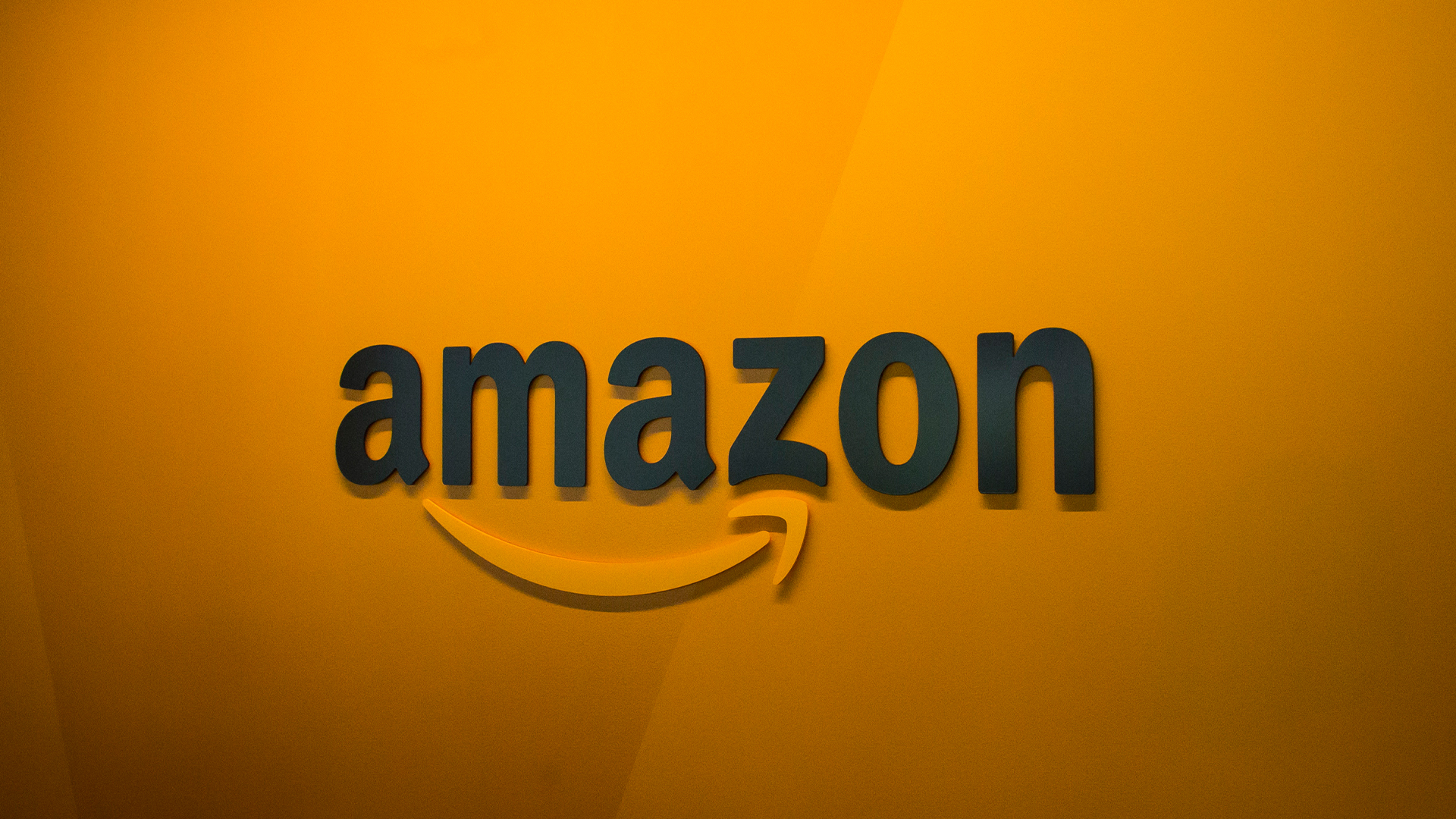Amazon Detective offers security analysts their own generative AI sidekick
The AI assistant for Amazon Detective will supercharge security operations and incident response, according to AWS


Amazon Detective has been given a new set of generative AI tools by Amazon Web Serivces (AWS) aimed at streamlining the efficiency of security investigations.
Four new AI-powered capabilities have been unveiled in total ahead of the firm’s flagship AWS re:Invent conference in Las Vegas this week.
AWS said the launch of the new features will remove the “heavy lifting” for security analysts and improve the speed and efficiency of investigations and incident response.
Detective finding group summaries, for example, uses generative AI to “enrich” security investigations, according to AWS’ Sébastien Stormacq.
The AI-powered tool will automatically analyze security incidents and provide users with natural language responses to support investigations, he said.
"It provides a plan language title based on the analysis of the finding group with relevant summarized insights, such as describing the activity that initiated the event and its impact,” he said.
“Find group summaries handles the heavy lifting of analyzing the finding group built across multiple AWS data sources, making it easier and faster to investigate unusual or suspicious activity.”
Sign up today and you will receive a free copy of our Future Focus 2025 report - the leading guidance on AI, cybersecurity and other IT challenges as per 700+ senior executives
Amazon Detective: Detailed security insights
The AI-supported finding group feature will evaluate connections between security events spanning multiple environments, Stormacq explained.
RELATED RESOURCE

Bring together data, low-cost storage, security, and ML services with the cloud.
This will include insights on related threats across data sources, potentially compromised resources, and malicious actor behaviors.
Stormacq noted the capability will offer security analysts a “comprehensive overview of security incidents that goes beyond individual service reports” by collating relevant data across multiple sources.
“By grouping and contextualizing data from multiple sources, finding group summaries identifies threats that might go unnoticed when insights are isolated,” he said in a blog post. “This approach improves the speed and efficiency of investigations and responses.”
“Security analysts can utilize finding group summaries to gain a holistic understanding of security events and their interrelationships, helping them make informed decisions regarding containment and remediation.”
Amazon Detective investigations for IAM
Alongside the finding group capabilities, AWS also announced the launch of Amazon Detective investigations for Identity and Access Management (IAM).
This will provide security analysts with detailed insights into IAM objects, including users and roles, to determine indicators of compromise. This, the firm said, will help analysts “determine potential involvement” by specific threat actors by drawing on resources from the MITRE ATT&CK framework.
Automated investigations through the tool are currently available in the Detective session of the AWS Management Console, Stormacq confirmed.
The update will also provide access to the tool through a new API which enables users to automate analysis or incident response capabilities, as well as the ability to pass on findings to other systems, including AWS Security Hub.

Ross Kelly is ITPro's News & Analysis Editor, responsible for leading the brand's news output and in-depth reporting on the latest stories from across the business technology landscape. Ross was previously a Staff Writer, during which time he developed a keen interest in cyber security, business leadership, and emerging technologies.
He graduated from Edinburgh Napier University in 2016 with a BA (Hons) in Journalism, and joined ITPro in 2022 after four years working in technology conference research.
For news pitches, you can contact Ross at ross.kelly@futurenet.com, or on Twitter and LinkedIn.
-
 An AWS CodeBuild vulnerability could’ve caused supply chain chaos – luckily a fix was applied before disaster struck
An AWS CodeBuild vulnerability could’ve caused supply chain chaos – luckily a fix was applied before disaster struckNews A single misconfiguration could have allowed attackers to inject malicious code to launch a platform-wide compromise
-
 Amazon says Russian-backed threat groups were responsible for five-year-long attacks on edge devices – and it shows a ‘clear evolution in tactics’
Amazon says Russian-backed threat groups were responsible for five-year-long attacks on edge devices – and it shows a ‘clear evolution in tactics’News Russian-backed hacker groups are exploiting misconfigured edge devices – now preferring that tactic over hunting down traditional vulnerabilities to gain access to company networks.
-
 AWS CISO Amy Herzog thinks AI agents will be a ‘boon’ for cyber professionals — and teams at Amazon are already seeing huge gains
AWS CISO Amy Herzog thinks AI agents will be a ‘boon’ for cyber professionals — and teams at Amazon are already seeing huge gainsNews AWS CISO Amy Herzog thinks AI agents will be a ‘boon’ for cyber professionals, and the company has already unlocked significant benefits from the technology internally.
-
 Amazon confirms employee data compromised amid 2023 MOVEit breach claims – but the hacker behind the leak says a host of other big tech names are also implicated
Amazon confirms employee data compromised amid 2023 MOVEit breach claims – but the hacker behind the leak says a host of other big tech names are also implicatedNews Millions of records stolen during the 2023 MOVEit data breach have been leaked
-
 Nearly 70 software vendors sign up to CISA’s cyber resilience program
Nearly 70 software vendors sign up to CISA’s cyber resilience programNews Major software manufacturers pledge to a voluntary framework aimed at boosting cyber resilience of customers across the US
-
 Three channel partner considerations for tackling ransomware
Three channel partner considerations for tackling ransomwareIndustry Insights Channel partners can play a vital role in protecting customers from the growing threat of ransomware, but there's no one-size-fits-all approach

